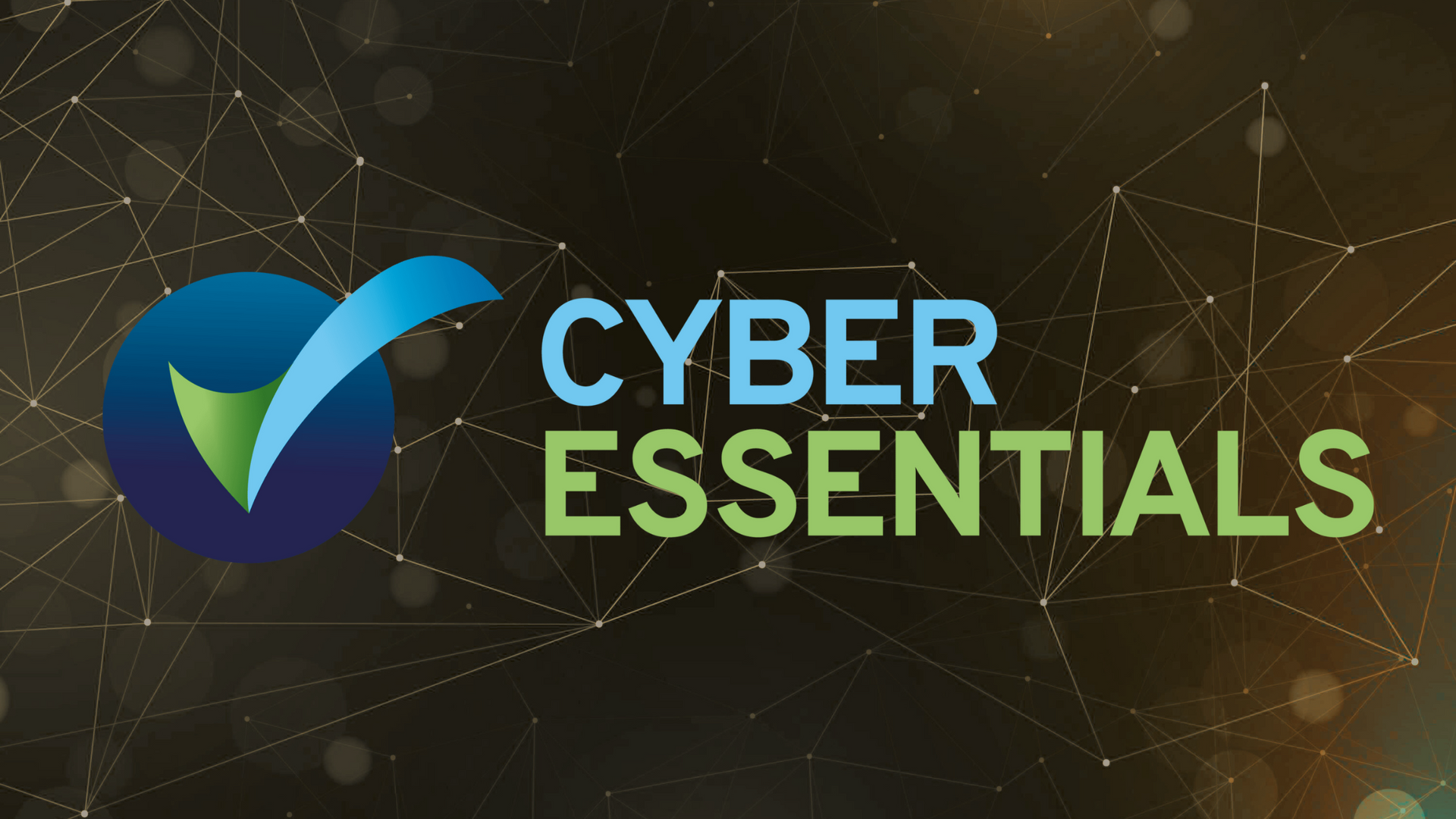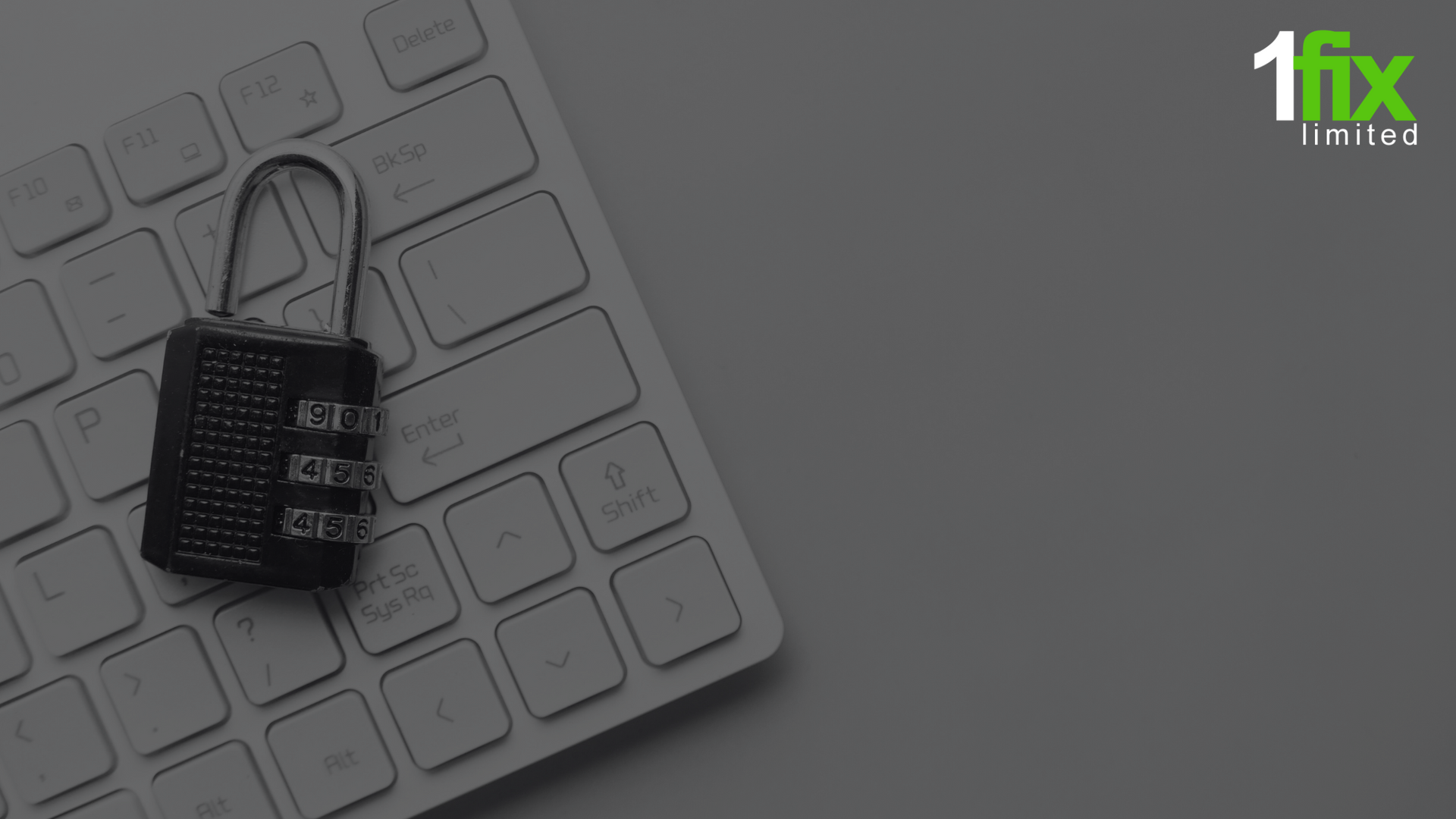Eight Million Freepik Users Suffer Data Compromise
Leo Daniels • August 27, 2020
This is a subtitle for your new post
Popular stock photo site Freepik has disclosed a major data breach affecting over eight million customers.
The incident also affected users of the sister site Flaticon, which claims to run the world’s largest database of free icons.
In a breach notice over the weekend, the firm claimed an attacker had compromised an SQL injection vulnerability in the Flaticon site which allowed them to access user information in a database.
Of the 8.3 million customers affected, all had their email address taken, and nearly 3.8 million had a hashed password for the site also stolen.
Most (3.6 million) were encrypted with bcrypt, whilst 229,000 were protected with the less secure MD5. The latter have since been upgraded to bcrypt.
The remaining 4.5 million users logged in with their federated Google, Facebook or Twitter credentials so the hacker only got away with their emails. However, these could still be used to craft phishing emails requesting password confirmation.
The firm does appear to have acted swiftly to mitigate the issue, claiming to regularly review customer emails and passwords that end up on the web and notify affected customers if they find one.
“Those who had a password hashed with salted MD5 got their password cancelled and have received an email to urge them to choose a new password and to change their password if it was shared with any other site (a practice that is strongly discouraged),” explained Freepik.
“Users who got their password hashed with bcrypt received an email suggesting them to change their password, especially if it was an easy to guess password. Users who only had their email leaked were notified, but no special action is required from them.”
Jayant Shukla, CTO and co-founder of K2 Cyber Security, argued that firms need to do more to mitigate the risk of SQL injection exploitation, which remains one of the most popular among attackers.
“Organizations need to take action to better protect themselves against SQL vulnerabilities: 1) implement better coding practices to prevent SQL injection, 2) run better tests for SQL injection vulnerabilities before code makes it to production and 3) make sure they have protection against SQL injection attacks during runtime,” he said.
We’re 1-fix, we can help you secure your business
At 1-fix, we take a realistic approach to technology – ensuring our client’s systems are best protected.
If you have any concerns, questions or simply want to explore how to better secure your business, please do get in touch with the team for a FREE demonstration, consultation to explore how exposed your business might be and identify actions to take.
Join Our Mailing List
All sign-ups are handled inline with our privacy policy and can unsubscribe at any time.
Recent Blogs

As we approach October 2025, the end of life for Windows 10 is just around the corner. For many businesses, this coincides with the start of a new budget cycle in April, making it the perfect time to consider upgrading to Windows 11. In this blog post, we'll explore the benefits of making the switch early and how it can positively impact your business.





















